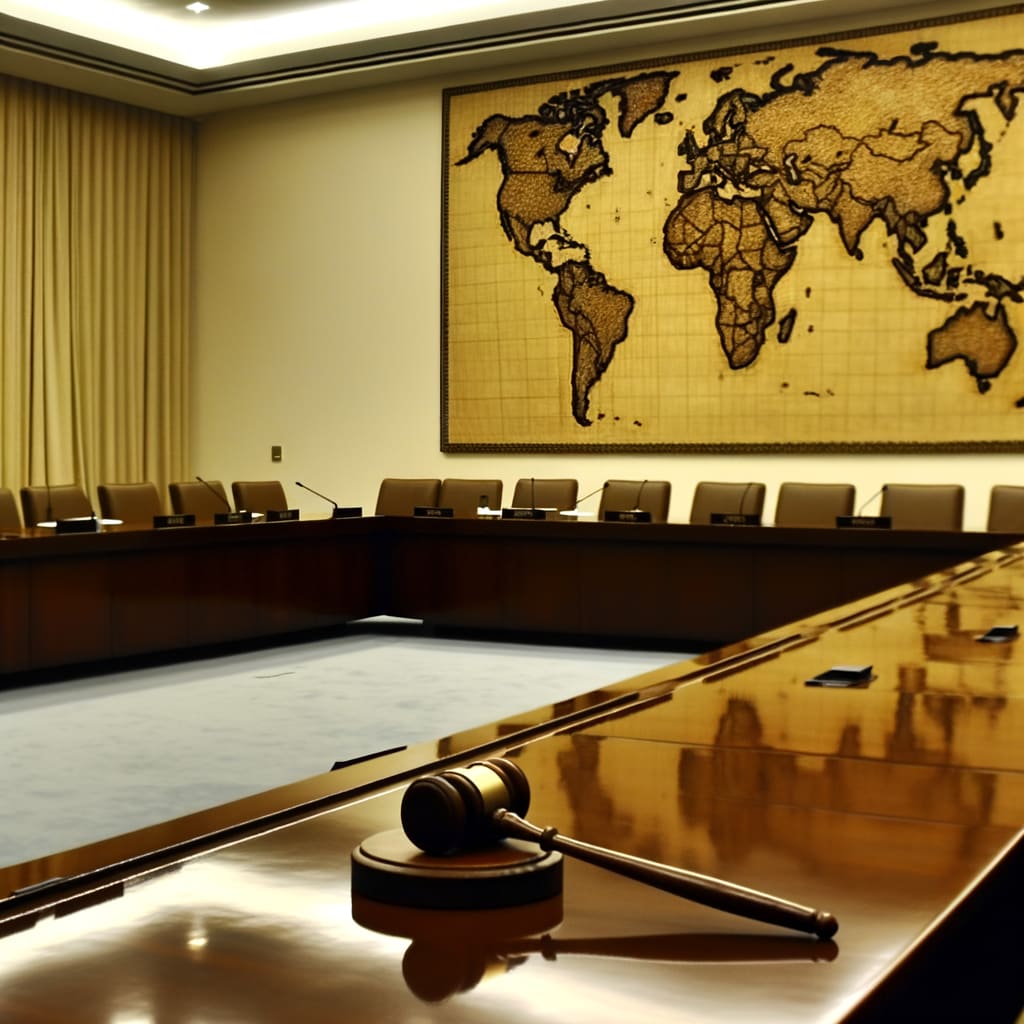United States Vetoes Sixth United Nations Resolution for Gaza Ceasefire
In an act that has escalated international frustration, the United States has vetoed a United Nations Security Council resolution that called for an immediate, unconditional, and permanent ceasefire in Gaza, for the sixth time since the start of the conflict. The resolution also demanded that Israel lift all restrictions on the delivery of aid into the Palestinian enclave and the immediate, dignified, and unconditional release of all hostages held by Hamas and other groups.
Background and Context
The United Nations Security Council, consisting of 10 rotating and 5 permanent members, has been urging for a ceasefire in Gaza amidst the ongoing conflict. The draft resolution, which was backed by 14 votes in favor, including those from the UK, France, Russia, and China, was blocked by the United States, a significant ally of Israel in the Middle East. This marks the sixth time that Washington has used its veto power to block such a resolution.
Key Developments
Despite the unanimous support from the rest of the Security Council, the US representative argued that the resolution did not go far enough in condemning Hamas. Israel’s ambassador to the United Nations, Danny Danon, also criticized the resolution and claimed that a ceasefire would not release the hostages and would not bring security to the region.
The US's veto was met with condemnation from other members of the Security Council. Algerian ambassador to the UN Amar Bendjama expressed his disappointment by saying, Forgive us, Palestinian brothers, sisters.
Simultaneously, the conflict continues with Israel's persistent bombardment of Gaza. The Israeli army recently announced the death of four of its soldiers in the southern part of the enclave.
Implications and Reactions
The continued blockade of the resolution has raised concerns about the potential for a worsening humanitarian crisis in Gaza. The Danish ambassador pointed out that a generation is at risk of being lost not only due to war but also due to hunger and despair caused by the ongoing conflict.
Several envoys have condemned this as a ‘dark moment’ for the UN Security Council, warning that it risks a third failure similar to the Rwanda and Bosnia genocides. They argue that the veto undermines the credibility of the Security Council and its ability to fulfill its primary responsibility of maintaining international peace and security.
Current Status
Despite the widespread international support, the United States' repeated veto has effectively blocked the UN Security Council's efforts to enforce a ceasefire in Gaza. As the conflict continues, so does the urgency for an unconditional ceasefire and unrestricted aid access to Gaza. The world watches and waits for the Security Council's next steps in responding to this ongoing crisis.

